BY WALTER OPINDE
It was during the late summer and out of a violent storm appears a Dutch ship. The ship had no cargo except for the twenty or so Africans whom the captain and his crew had recently robbed from a Spanish ship. The captain exchanged the Africans for food, then set back on the sail.
The first 20 or so Africans to reach the English colonies arrived in Jamestown, Virginia in 1619, brought by Dutch traders who had seized them from a captured Spanish slave ship. The Spanish usually baptized slaves in Africa before embarking them. As English custom by then, they considered baptized Christians exempt from slavery, colonists treated these Africans as indentured servants, and they joined about 1,000 English indentured servants already in the colony.
It was not clear if the Africans were to be considered slaves or indentured servants. (An indentured servant would be required to work a set amount of time, then granted freedom). Records of 1623 and 1624 list them as servants, and indeed later records show increasing numbers of free blacks, some of whom were assigned land. On the other hand, records from gatherings do not indicate the marital status of the Africans (Mr., Miss, etc.) and, unlike white servants, no year is associated with the names; an information vital in determining the end of a servant’s term of bondage. Most likely, some Africans were slaves, and some were servants. At any rate, the status of people in bondage was very confusing, even to those who were living at the time.
Whatever the status of these first Africans to arrive at Jamestown, it is clear that by 1640, at least one African had been declared a slave. This African was ordered by the court “to serve his said master or his assigns for the time of his natural life here or elsewhere.”
The grounds for this harsh sentence presumably lay in the fact that he was non-Christian rather than the fact that he was physically dark. However, the religious beliefs could change, while skin color could not. Within that period’s generation/race, not even religion could be made the defining characteristic of the enslaved Virginians. The terrible transformation to racial slavery was underway.
That is how Slavery in the United States began. It later became a legal institution of human chattel enslavement, primarily of Africans and African Americans. This existed in the United States of America from the 17th century through to the 19th century after the U.S. gained its independence and before the end of the American Civil War. Slavery had been practiced in British North America from early colonial days and was legal in all Thirteen Colonies at the time of the Declaration of Independence in 1776.
Read more of the story via: https://newsone.com/2031761/african-slaves-jamestown/
Sources
Berlin, Ira. Generations of Captivity: A History of African American Slaves. (2003).
Horton, James Oliver and Horton, Lois E. Slavery and the Making of America. (2005).
Moore, Wilbert Ellis, American Negro Slavery and Abolition: A Sociological Study, Ayer Publishing, 1980.






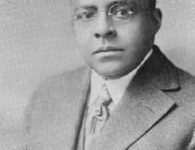

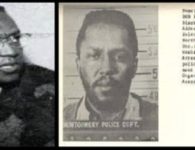
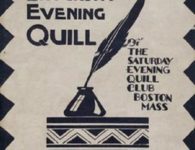
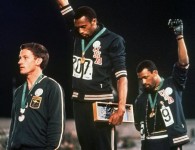

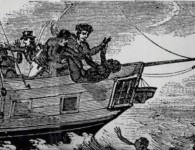



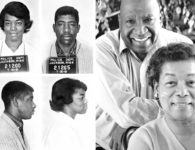
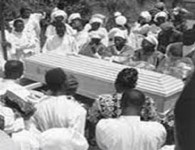



5 Comments
Hmm is anyone else encountering problems with the pictures on this blog
loading? I’m trying to determine if its a problem on my
end or if it’s the blog. Any feed-back would be greatly appreciated.
If some one wants expert view about running a blog then i advise him/her to visit this web site, Keep up the good
work.
of course like your web site however you need to take a
look at the spelling on several of your posts.
A number of them are rife with spelling issues and I find it very
troublesome to inform the truth then again I’ll certainly come again again.
Apple now has Rhapsody as an app, which is a great start, but it is currently hampered by the inability to store locally on your iPod, and has a dismal 64kbps bit rate. If this changes, then it will somewhat negate this advantage for the Zune, but the 10 songs per month will still be a big plus in Zune Pass’ favor.
I think this is among the most important info for me.
And i am glad reading your article. But want to remark on some
general things, The web site style is great, the articles is really nice : D.
Good job, cheers